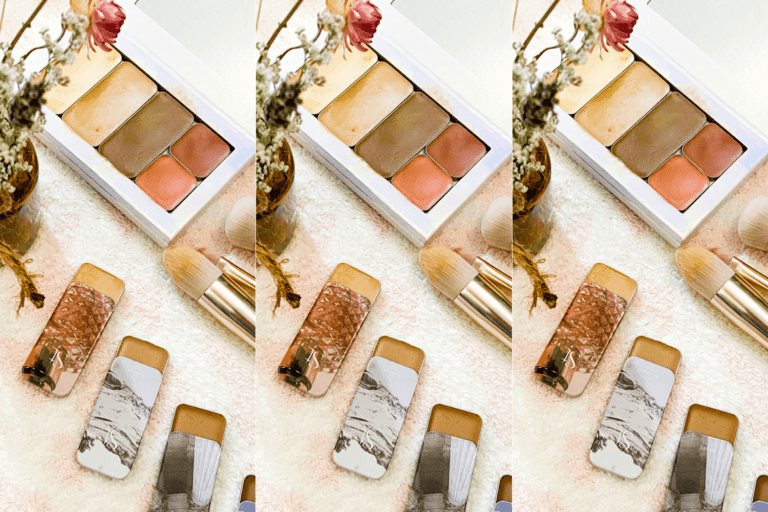Say Goodbye To Chemicals: 17 Effective and All-Natural Cleaners You Can Whip Up Today

Synthetic chemicals are everywhere nowadays and they are inescapable when it comes to commercial cleaning products. To combat this, many are turning to more sustainable and gentle alternatives. If you are also looking to switch out harsh chemicals for natural cleaning products, the good news is that a few simple ingredients can be used in place of strong chemicals. Here are 17 natural cleaning products you can make on your own.
Baking Soda and Lemon Juice Scrub for Tough Grime
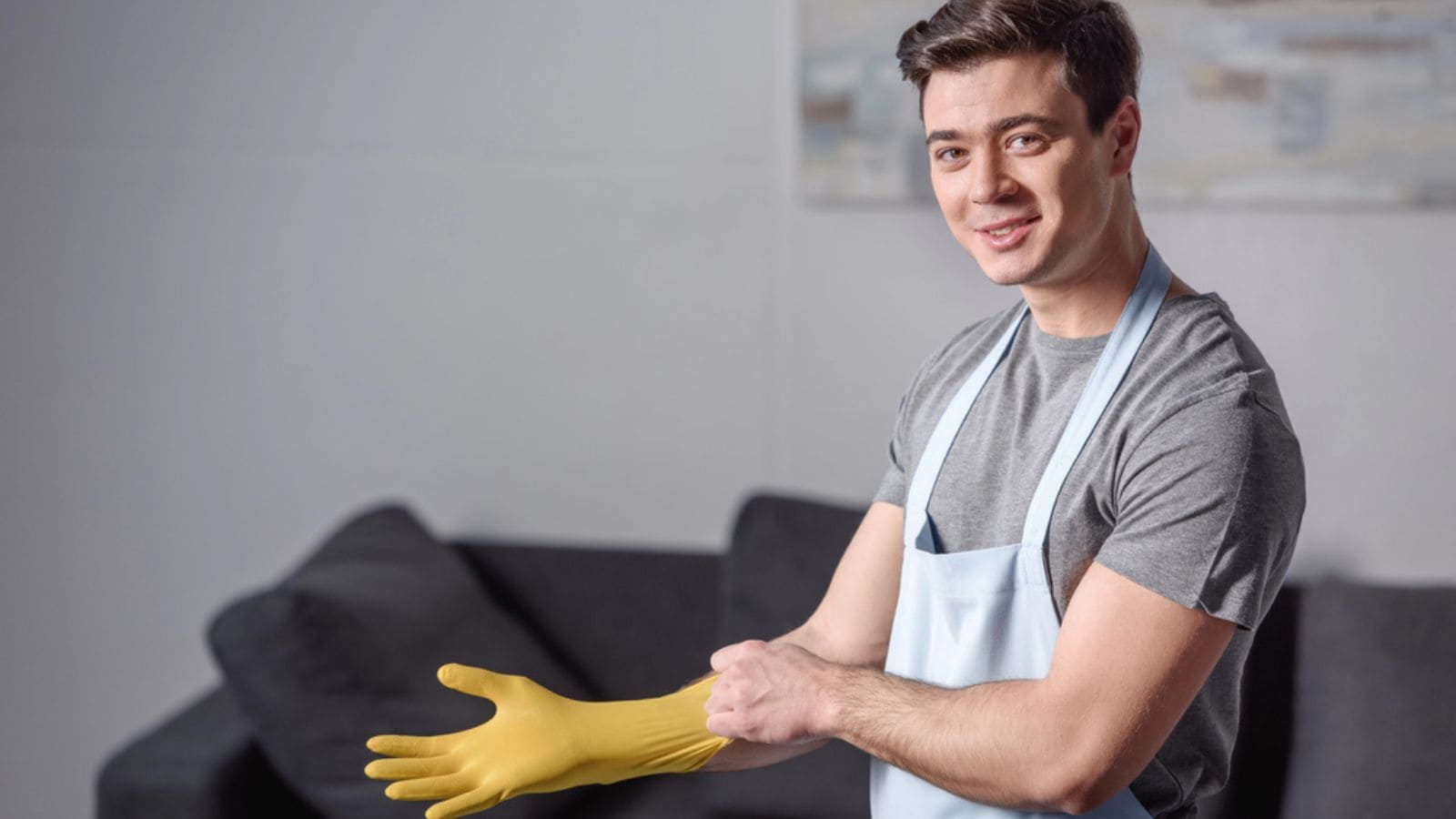
For a powerful scrub that tackles tough grime, mix baking soda with lemon juice to form a paste. The abrasive texture of baking soda helps to scrub away stubborn stains, while the citric acid from lemon juice enhances cleaning power and leaves a fresh scent.
This natural scrub is ideal for cleaning kitchen surfaces, bathroom tiles, and even pots and pans. It’s a safe, eco-friendly alternative to harsh chemical scrubs and can be made in small batches as needed.
Stain Remover
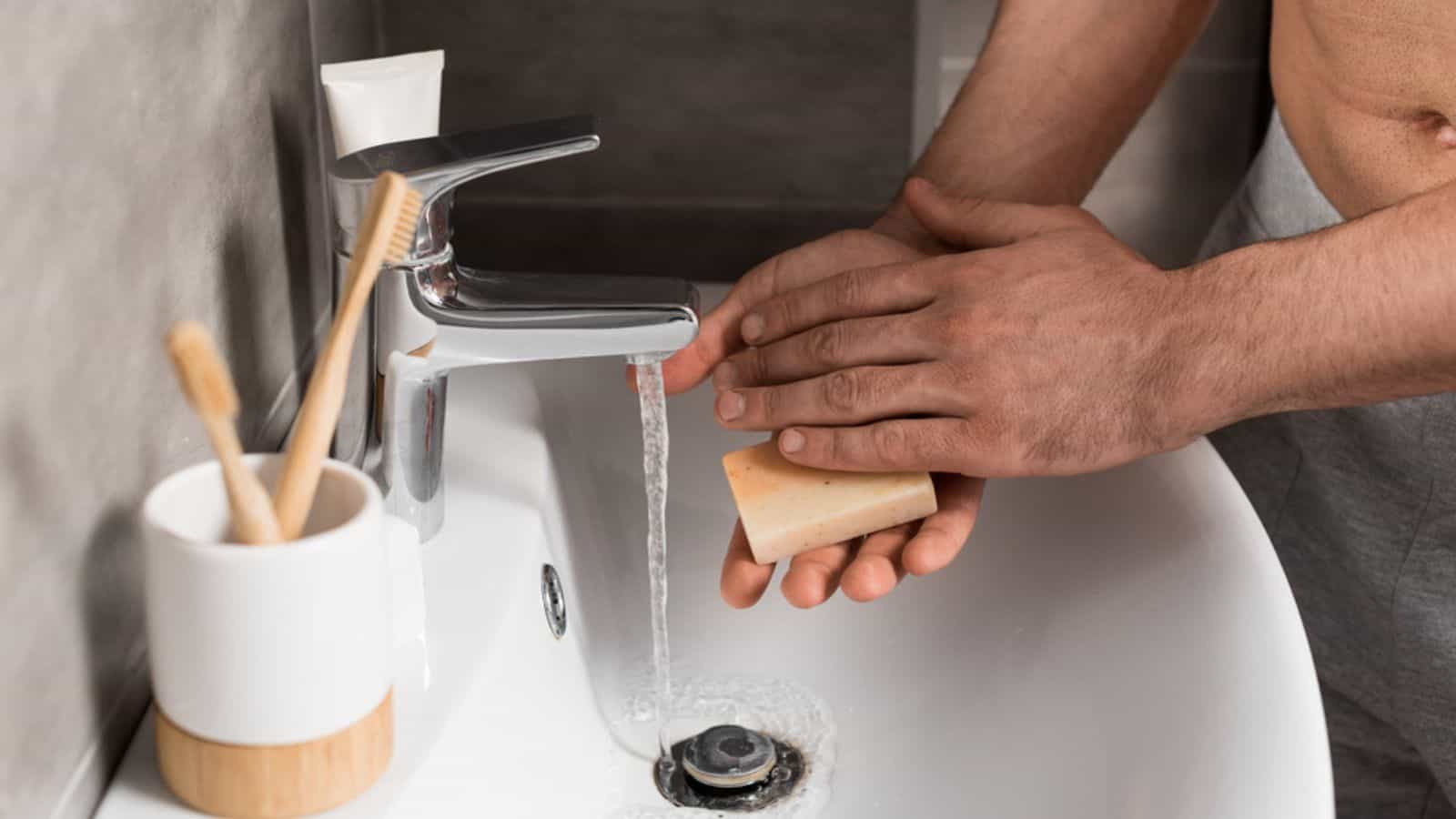
Got a stubborn stain on your hands? Try this tip from Melissa Caverly, founder of Imagine Maids: Mix two parts baking soda and one part water to form a paste with a thick consistency. Apply the paste to stained fabrics and scrub gently using a sponge or cloth. Rinse thoroughly with water.
This baking soda scrub is an effective stain remover for fabrics, lifting and absorbing stains such as food spills, grease marks, and sweat stains. Baking soda helps to break down stains while also deodorizing fabrics, leaving them fresh and clean.
Olive Oil and Lemon Juice Wood Polish
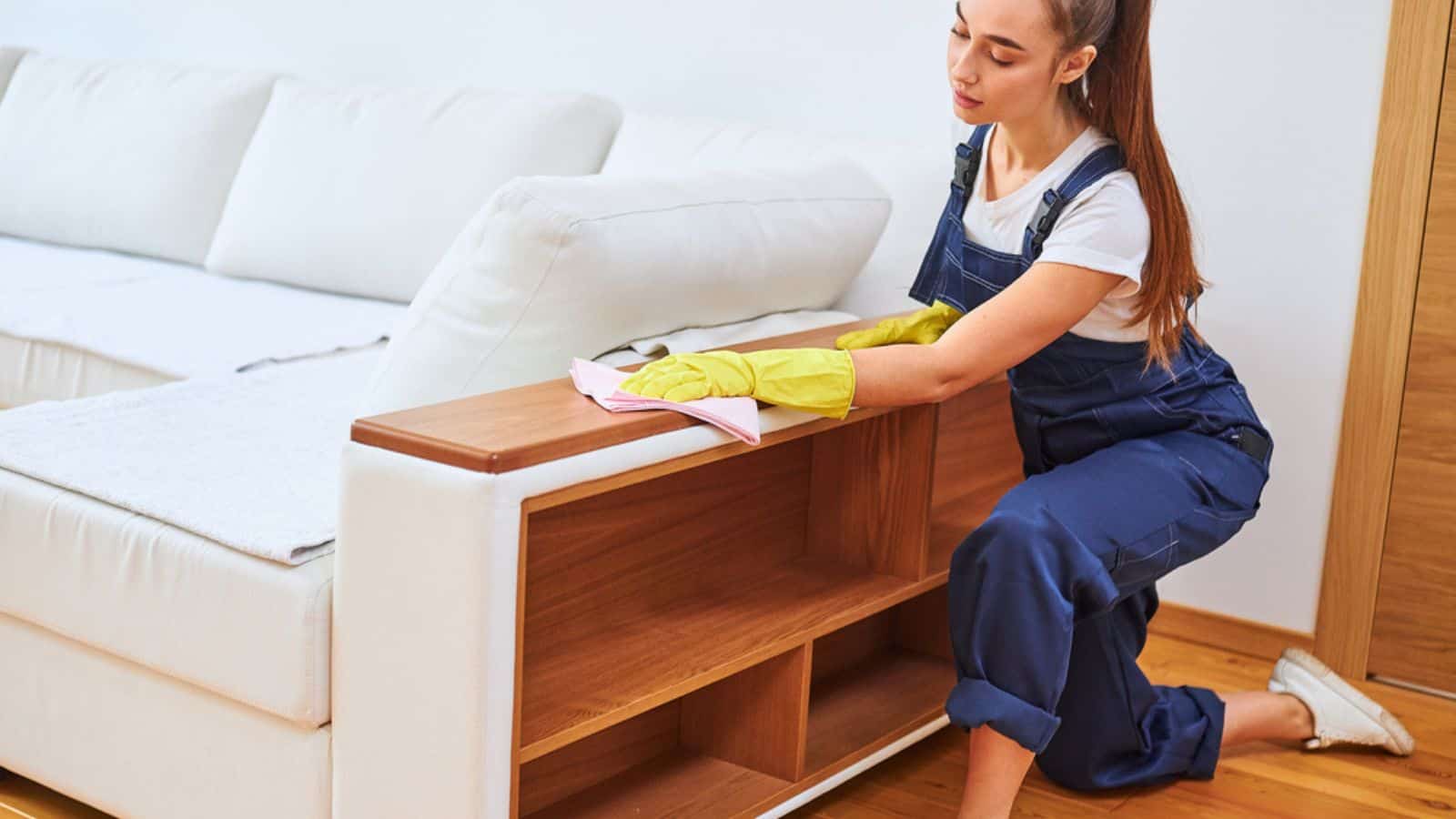
Olive oil acts as a natural conditioner for wood, while lemon juice provides a clean scent and light cleaning action. To make a homemade wood polish, mix two parts olive oil and one part lemon juice in a bowl. Dip a soft cloth into the mixture and apply it to wooden surfaces, rubbing it gently in circular motions. Allow it to sit for a few minutes, then buff the wood with a clean, dry cloth to bring out its natural shine.
Caverly says, “Adding lemon juice to olive oil as a wood polish not only amplifies its cleaning power but also imparts a pleasant citrus aroma, leaving your furniture refreshed and rejuvenated.’ This homemade wood polish both cleans wooden surfaces and also nourishes and restores their natural shine. The olive oil moisturizes the wood, while the acidic properties of lemon juice help remove filth, leaving the wood looking revitalized.”
Castile Soap All-Purpose Cleaner
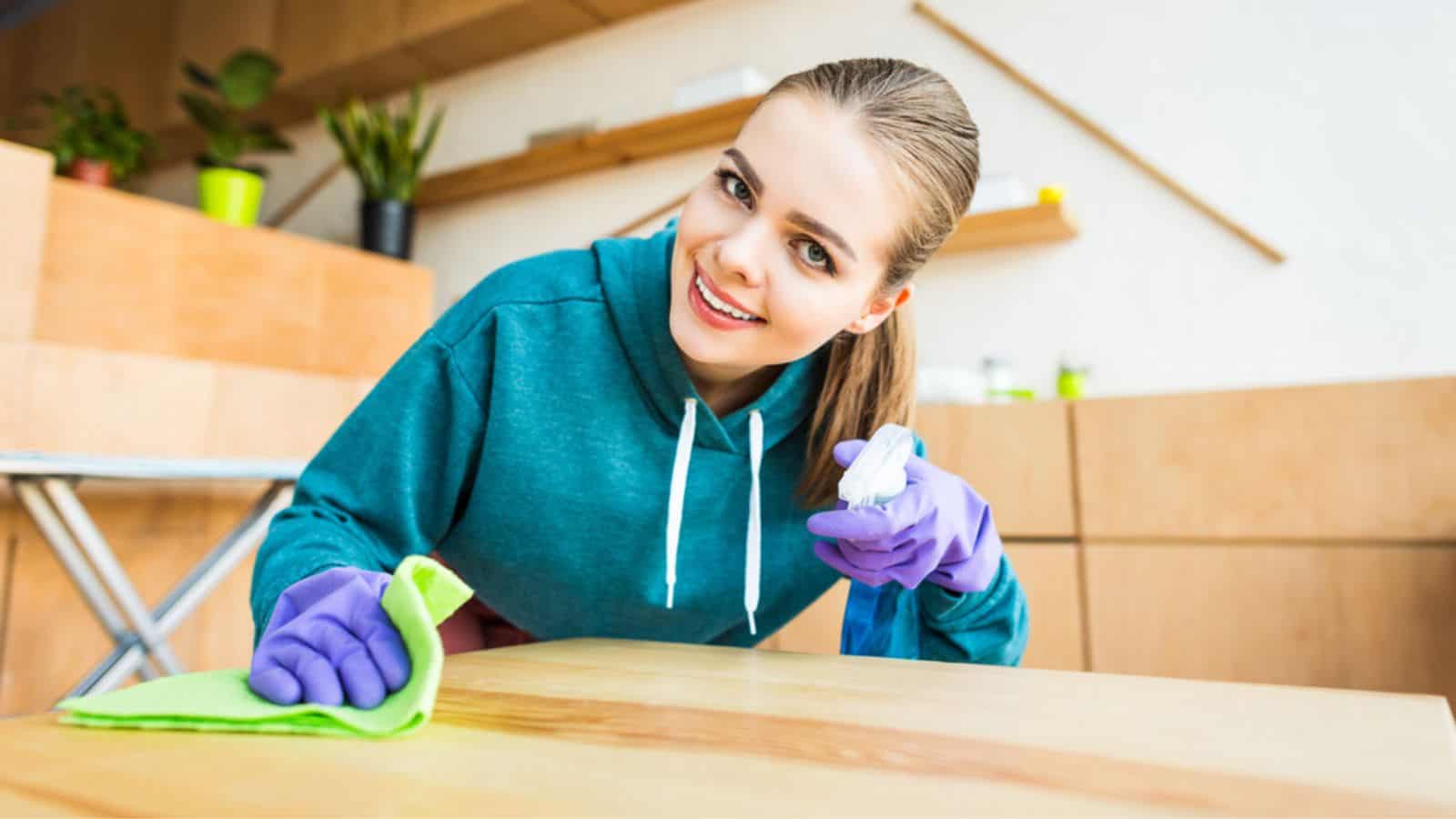
Castile soap is a versatile, vegetable-based soap that’s gentle yet effective for a variety of cleaning tasks. For an all-purpose cleaner, mix a few drops of liquid castile soap with water in a spray bottle. This solution can be used on countertops, floors, and other surfaces to remove dirt and stains. Castile soap is biodegradable and free from synthetic fragrances, dyes, and preservatives, making it an obvious choice if you’re looking for eco-friendly cleaning options.
If you don’t have Castille soap on hand, try this instead. Mix equal parts water and white vinegar in a spray bottle. Add a few drops of essential oil for a pleasant scent if desired. Shake well before each use. This all-purpose cleaner effectively tackles dirt and grime on various surfaces around the home, including countertops, sinks, and floors. Vinegar’s acidic properties help to disinfect, while water dilutes it for safe and effective cleaning.
Disinfectant Spray

Hydrogen peroxide is an excellent disinfectant, known for its ability to kill bacteria and viruses. By simply using a 3% hydrogen peroxide solution straight from the bottle, you can disinfect surfaces in your kitchen and bathroom without resorting to harsher chemicals. Spray it on, let it sit for a few minutes, then wipe clean.
Don’t have hydrogen peroxide on hand? Try this instead: Fill a jar with citrus peels and cover them with white vinegar. Let it sit for a few weeks in a cool, dark place to infuse. Afterward, strain the liquid and transfer it to a spray bottle for use.
This citrus-infused vinegar solution serves as a powerful degreaser and disinfectant. Caverly says, “The natural acids in citrus fruits offer a powerful boost to disinfection, making them invaluable allies in your journey to a cleaner, healthier home.”
Essential Oils & Water for Air Freshening
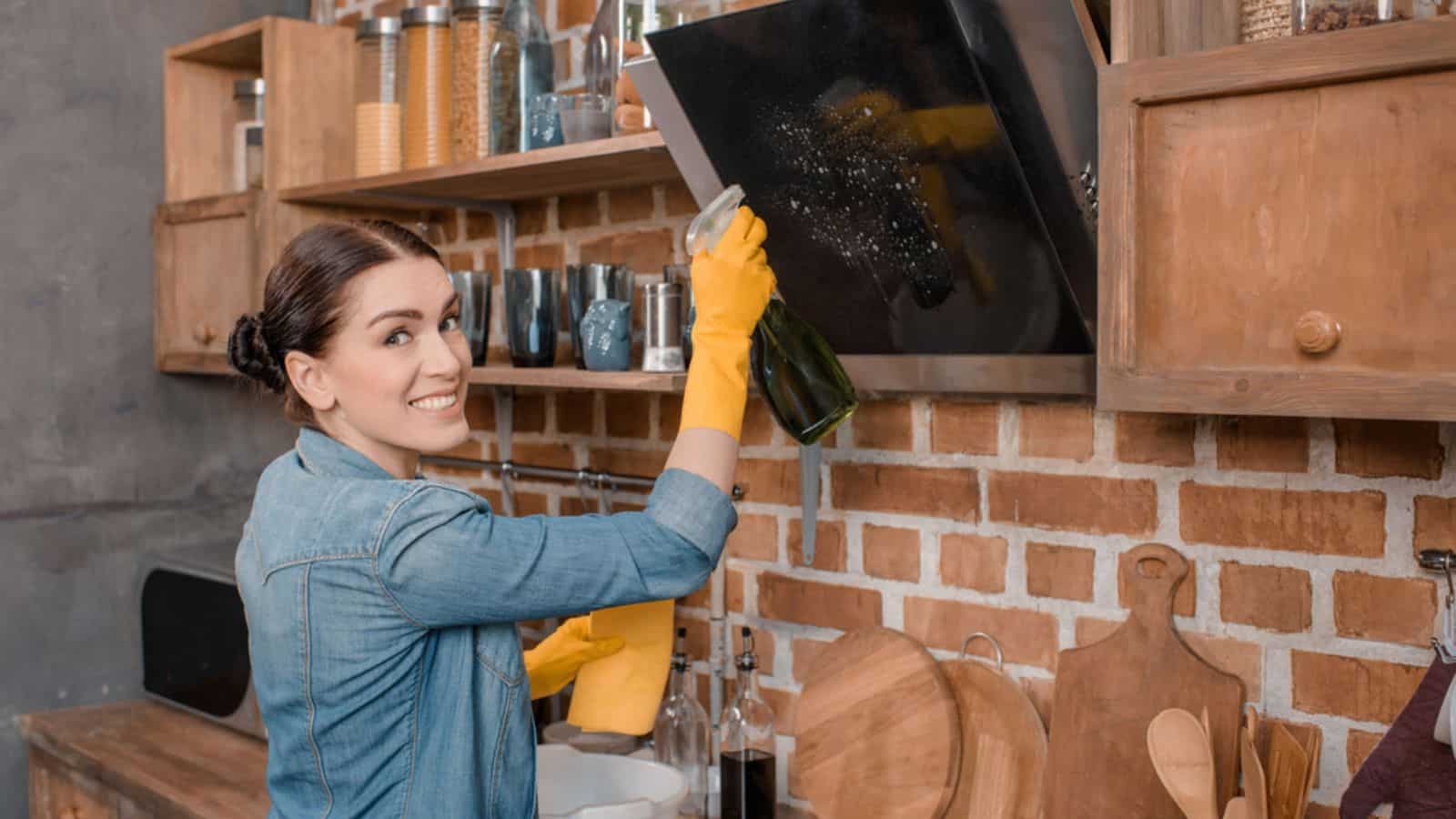
Instead of using commercially available air fresheners that can contain volatile organic compounds (VOCs), a natural alternative is to mix a few drops of your favorite essential oils with water in a spray bottle. This can be used to freshen up rooms, linen, and even clothing. Essential oils like lavender, eucalyptus, and citrus not only provide a pleasant aroma but also have antimicrobial properties.
Salt and Grapefruit Tub Scrub
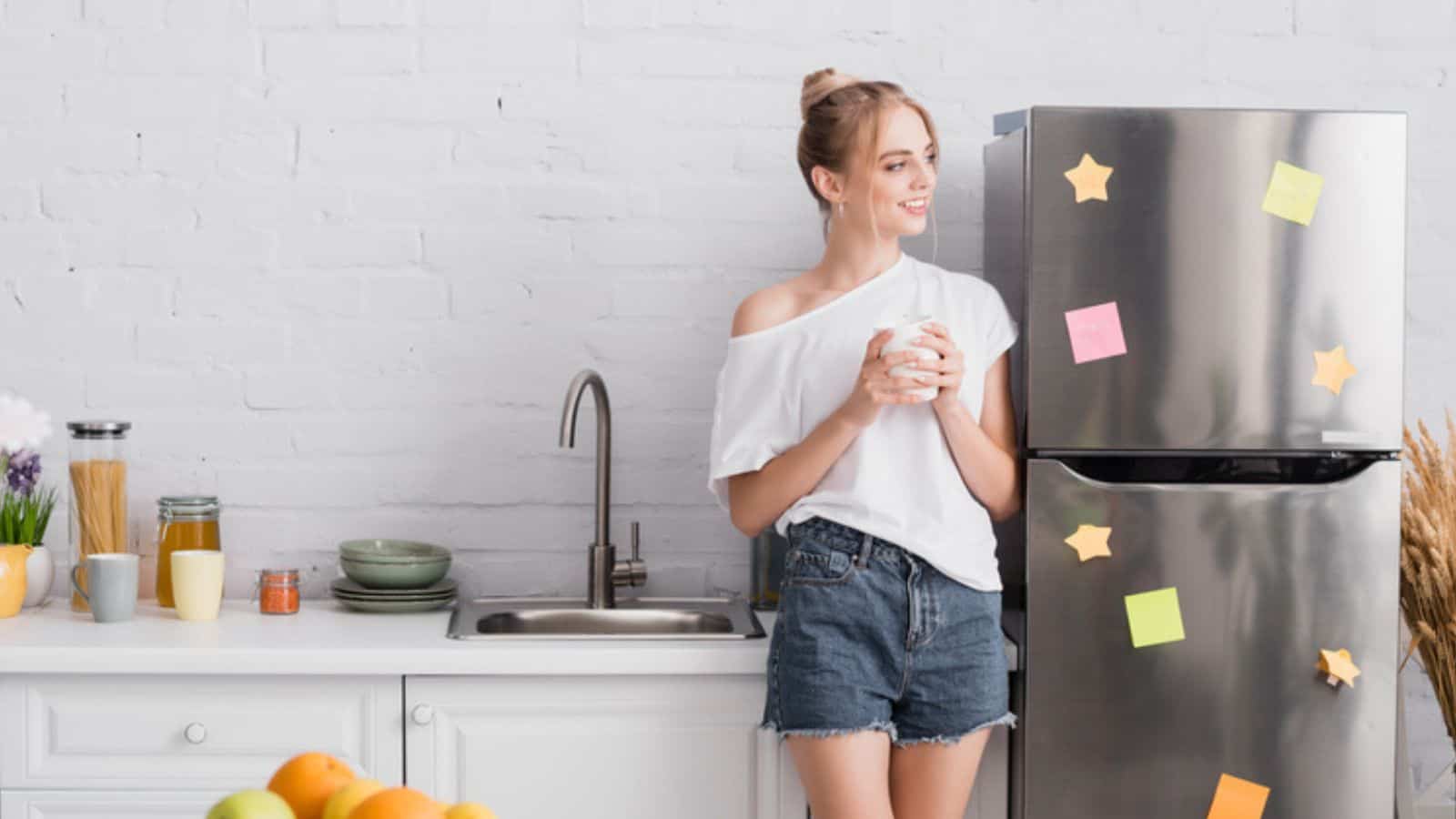
Combining salt with grapefruit creates a natural and effective tub scrub. The salt provides abrasive action to scrub away soap scum and stains, while grapefruit’s citric acid helps break down grime and leaves a fresh, invigorating scent. Cut a grapefruit in half, sprinkle salt on the cut side, and use it to scrub your bathtub and sink. This method not only cleans but also avoids the harsh chemicals found in many bathroom cleaners.
Homemade Dishwashing Liquid

Liquid castile soap can also be diluted to create a gentle yet effective dishwashing liquid. Mix it with warm water and, if desired, add a few drops of essential oils for added antibacterial properties and scent. This homemade dish soap will clean your dishes without the sulfates and fragrances that are often found in traditional dishwashing liquids. Liquid castile soap is known for its versatility and mildness, making it safe for use on dishes and even for those with sensitive skin.
Mold and Mildew Remover
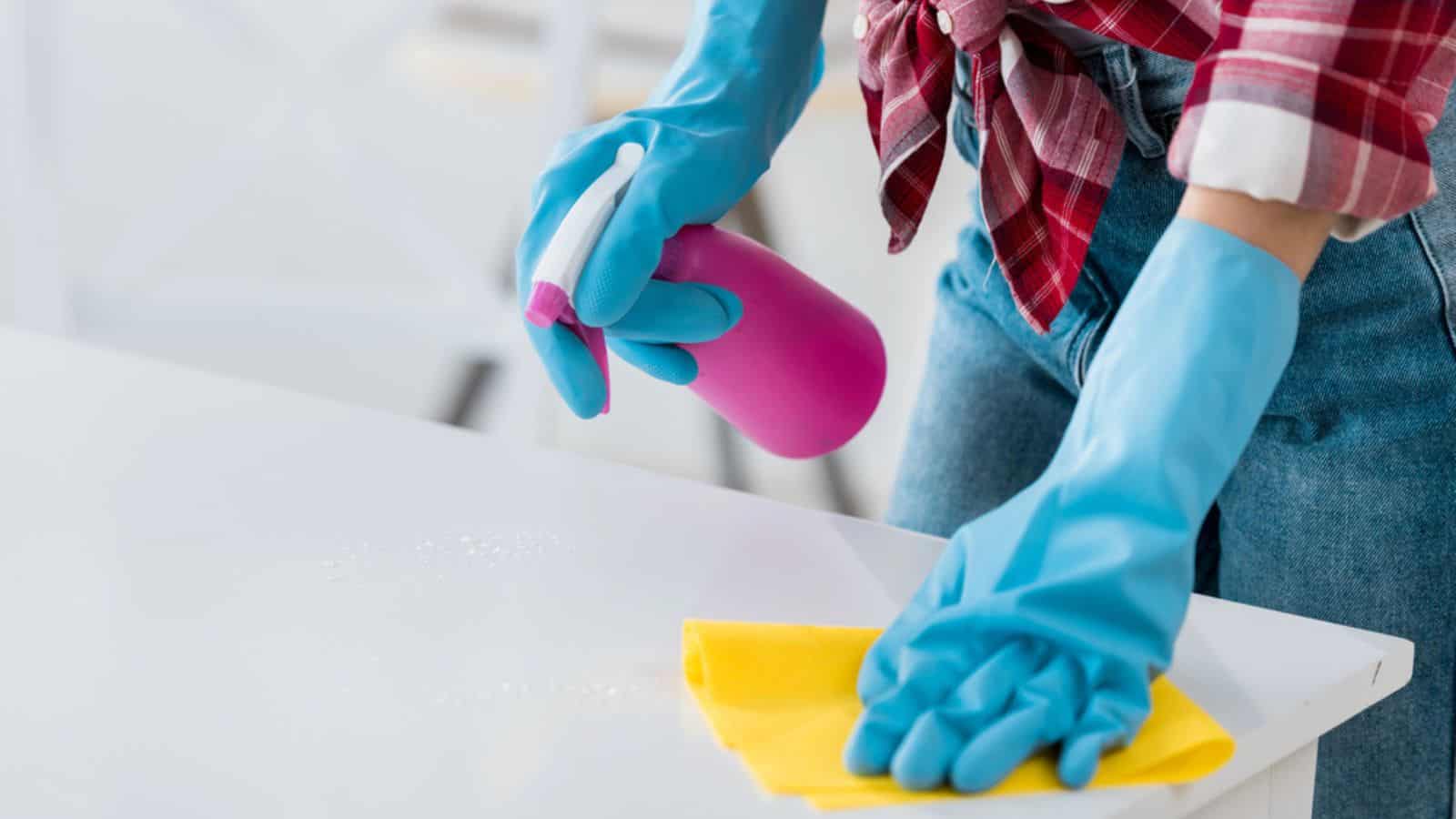
White vinegar is a powerful natural cleaner that can help remove mold and mildew. Its acidic nature breaks down the structure of mold and mildew, killing the fungus and preventing it from returning. To use, simply spray undiluted white vinegar onto the affected area, let it sit for an hour, and then wipe clean. For tougher mold and mildew stains, you may need to scrub the area with a brush.
Glass Cleaner

Combine one part water with one part rubbing alcohol and add a tablespoon of white vinegar in a spray bottle. Shake well to mix the ingredients thoroughly. Use the spray on windows or glass surfaces and wipe with a microfiber cloth or newspaper for a streak-free shine.
Caverly says, ‘This homemade glass cleaner provides streak-free shine on windows, mirrors, and glass surfaces. Rubbing alcohol and vinegar effectively cut through grease and grime, leaving surfaces sparkling clean.’
Tea Tree Oil and Water for an Anti-Bacterial Spray
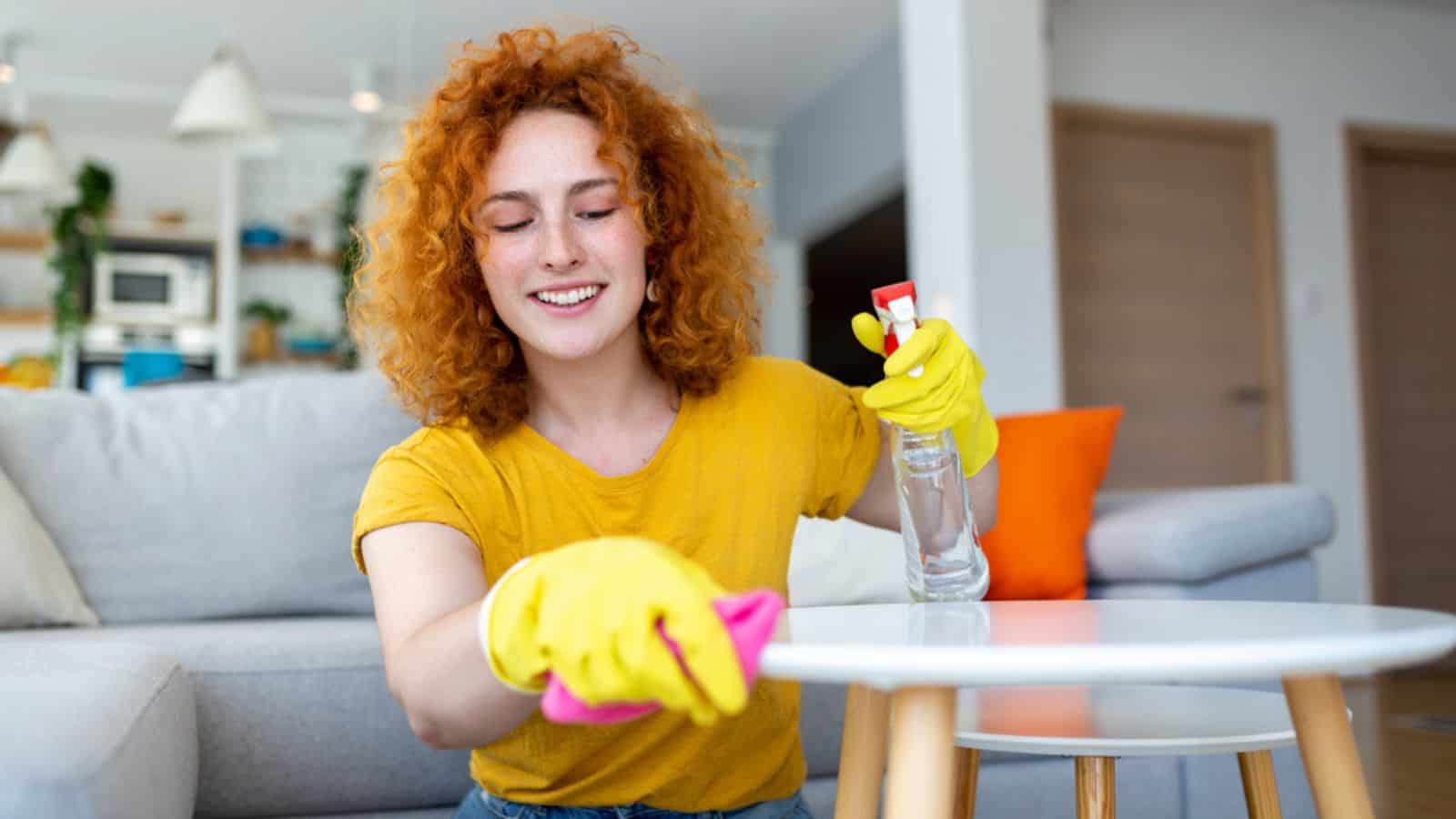
Tea tree oil is renowned for its natural antibacterial and antiseptic properties. By mixing a few drops of tea tree oil with water, you can create a simple and natural antibacterial spray for use on surfaces throughout your home. This mixture can help to kill bacteria and discourage mold and mildew growth. It’s particularly useful in
Cream of Tartar for Stainless Steel Appliances:
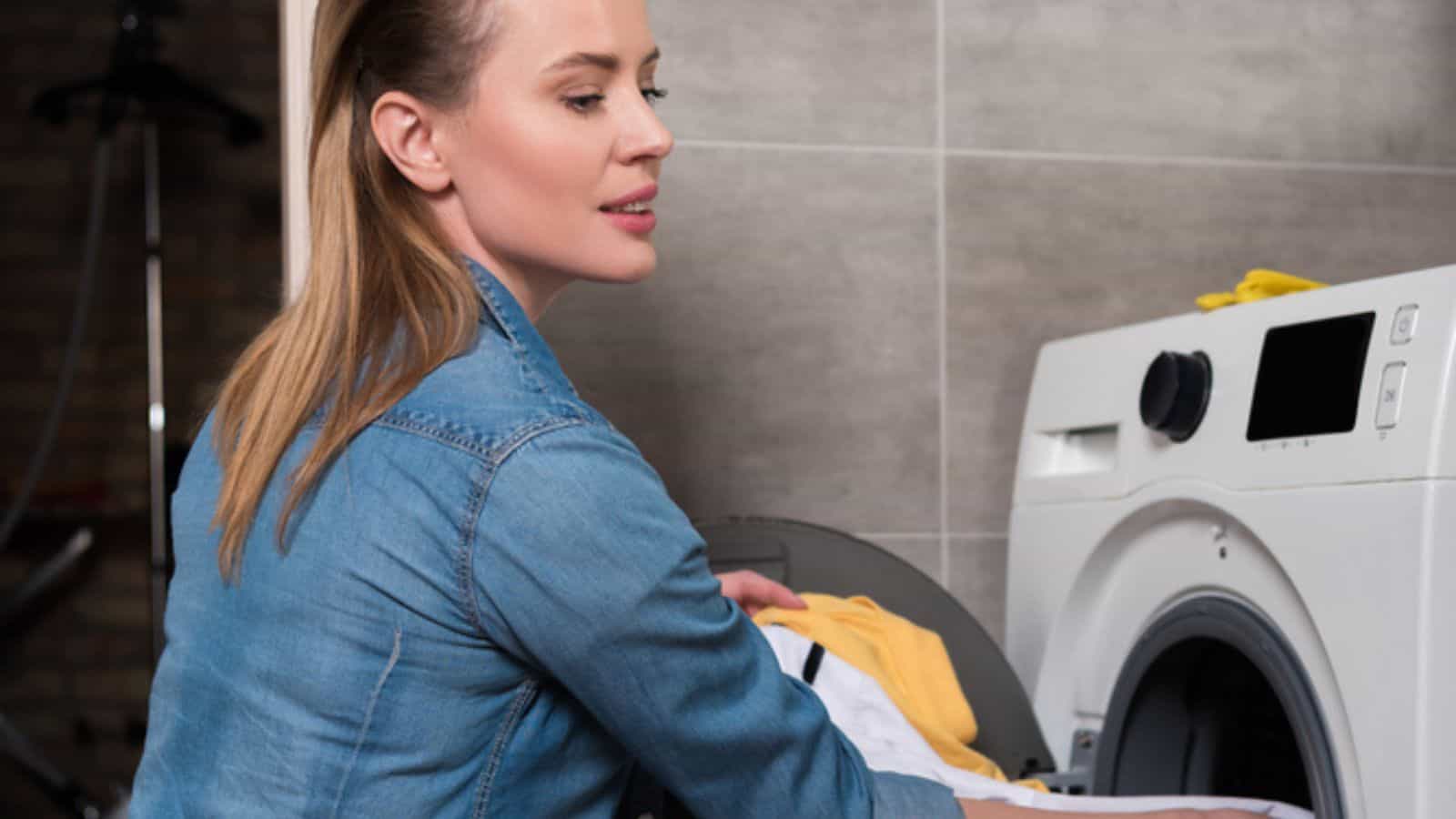
Cream of tartar, also known as Potassium bitartrate, is a natural acid that’s excellent for cleaning and shining stainless steel appliances. To use, make a paste by mixing cream of tartar with a little water, apply to the stainless steel, and rub gently with a soft cloth. The mild abrasive properties of cream of tartar help to remove fingerprints and smudges without scratching the surface. After cleaning, rinse with water and dry with a clean cloth for a perfect shine. This natural cleaner is non-toxic and environmentally friendly, making it a safe choice for homes.
Washing Soda for a Heavy-Duty Floor Cleaner:
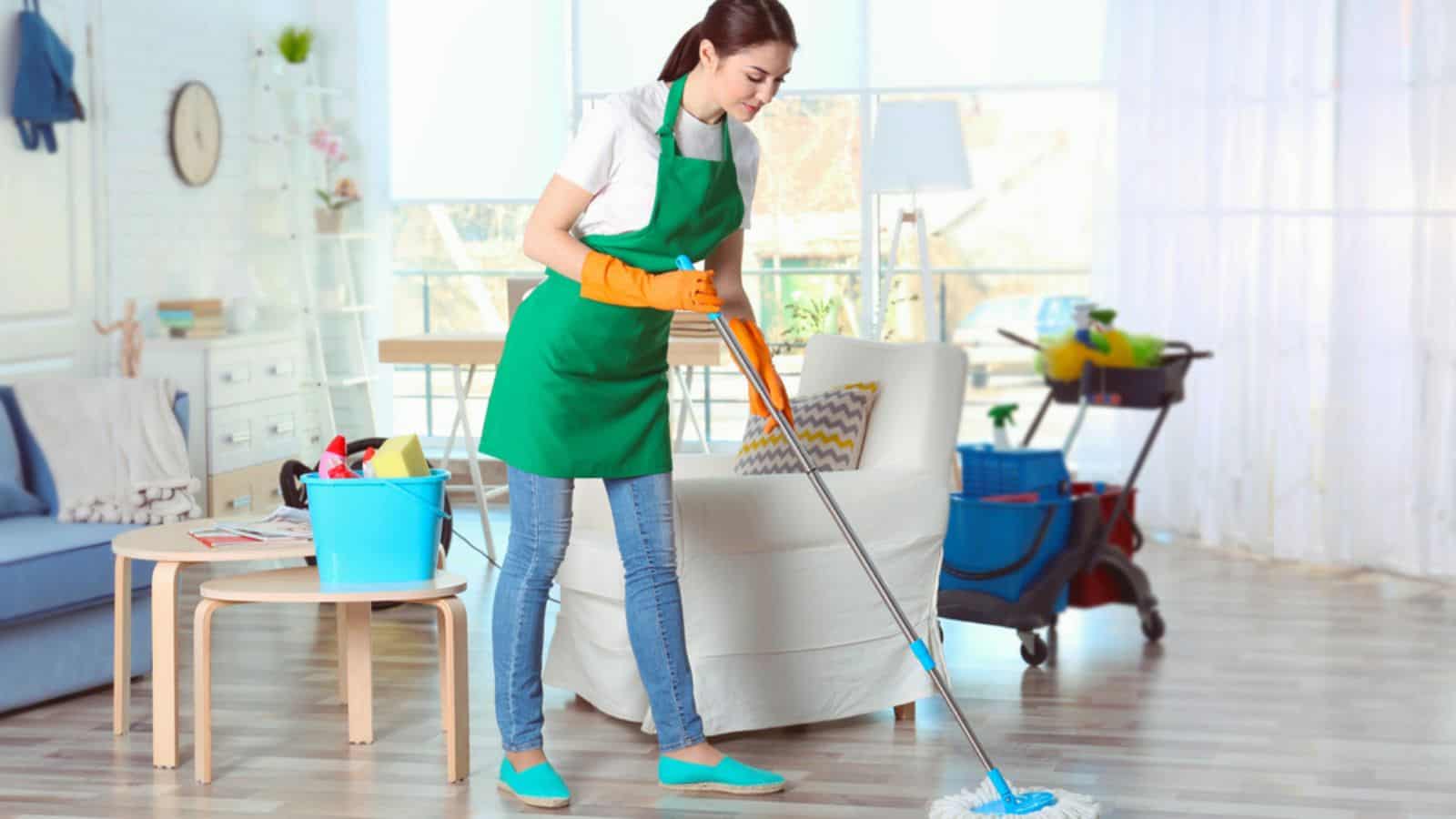
Washing soda, also known as sodium carbonate, is a potent cleaning agent that can be used to make a heavy-duty floor cleaner. When dissolved in water, it creates an alkaline solution that can cut through tough grease and stains on tile and linoleum floors. Mix half a cup of washing soda in a bucket of warm water and mop as usual. Be sure to rinse the floor with clean water afterward to remove any residue. While it’s a great floor cleaner, washing soda should not be used on hardwood floors as it can damage the finish.
Toilet Bowl Cleaner
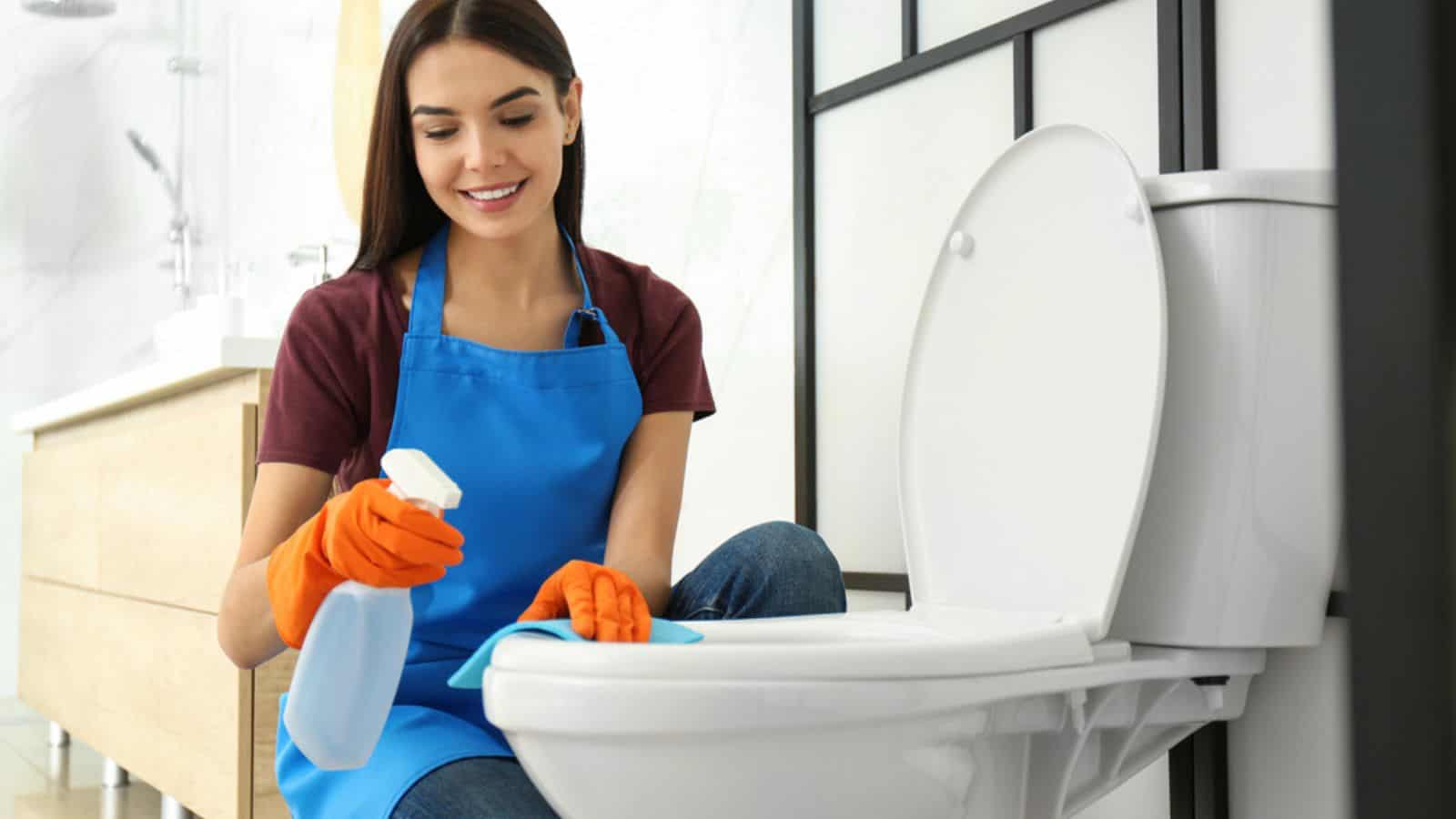
Eucalyptus oil has natural antibacterial and antiseptic qualities that make it an excellent choice for a homemade toilet bowl cleaner. Mix a few drops of eucalyptus oil with water in a spray bottle and use it to clean and deodorize the toilet bowl. Spray the solution directly onto the toilet surfaces and scrub with a toilet brush. The eucalyptus not only cleans but also leaves a refreshing scent. This natural cleaner is a great alternative to chlorine-based products, reducing the use of harsh chemicals in your home.
Baking Soda and Essential Oils Carpet Freshener

Baking soda is a natural deodorizer, and when combined with essential oils, it can be used to freshen up carpets and rugs. To make this carpet freshener, mix a cup of baking soda with 10-20 drops of your favorite essential oil. Sprinkle the mixture over the carpet, let it sit for at least 15 minutes or longer for stronger odors, and then vacuum it up. The baking soda absorbs odors, while the essential oils leave a pleasant fragrance. This simple and natural solution is safe for most carpets and is an excellent alternative to store-bought carpet deodorizers.
Fabric Softener
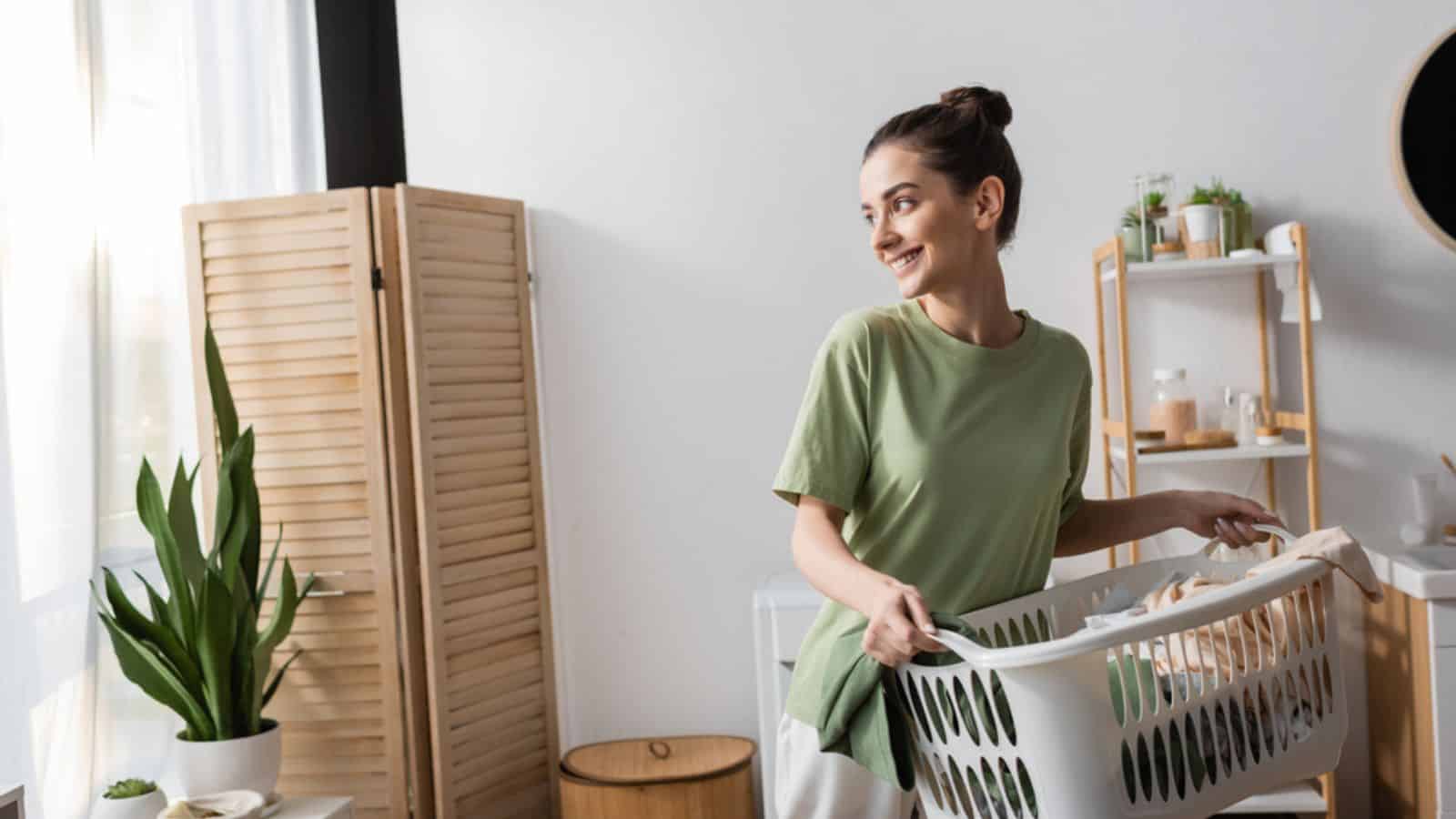
Lavender has a naturally soothing scent and can be used to make a homemade fabric softener. Simply mix a couple of cups of white vinegar with water and add 10-15 drops of lavender essential oil. Use this mixture in your rinse cycle as you would with a traditional fabric softener. The vinegar helps to soften fabric and remove detergent residue, while the lavender provides a calming fragrance to your laundry. This natural fabric softener is free from the synthetic fragrances and dyes found in many commercial softeners.
DIY Dishwasher Detergent
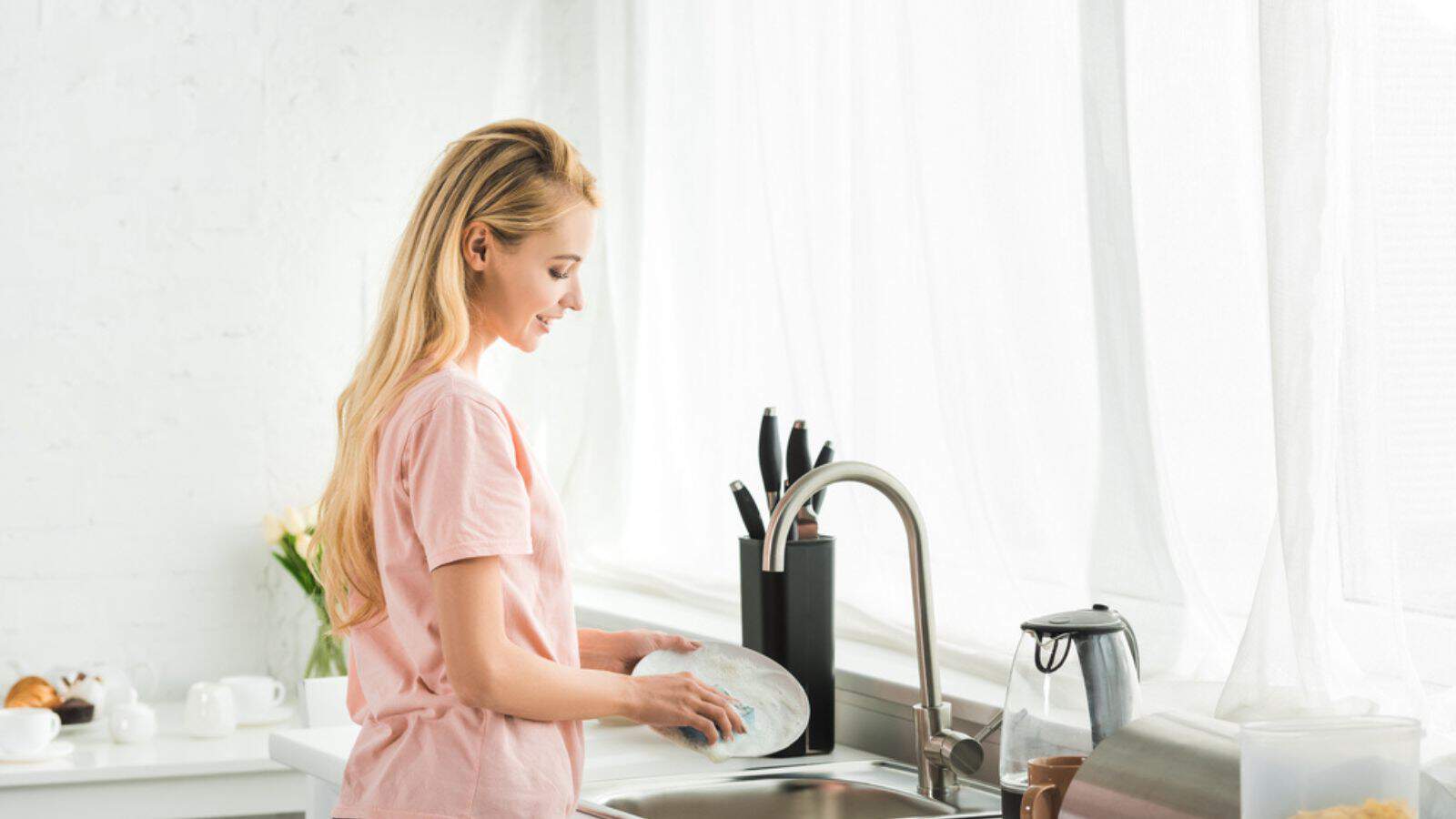
Creating your own dishwasher detergent is simple and can be more eco-friendly than store-bought options. Combine one part borax and one part washing soda with a half part of citric acid and a half part of coarse salt. The borax and washing soda act as cleaning agents and water softeners, while the citric acid helps to remove hard water stains and the salt acts as a scrubbing agent. This mixture can be used in place of your regular dishwasher detergent. By making your own, you can avoid the phosphates and other chemicals often found in commercial detergents.
Clean Your House Like Grandma: 16 Old-School Cleaning Tricks That Actually Works
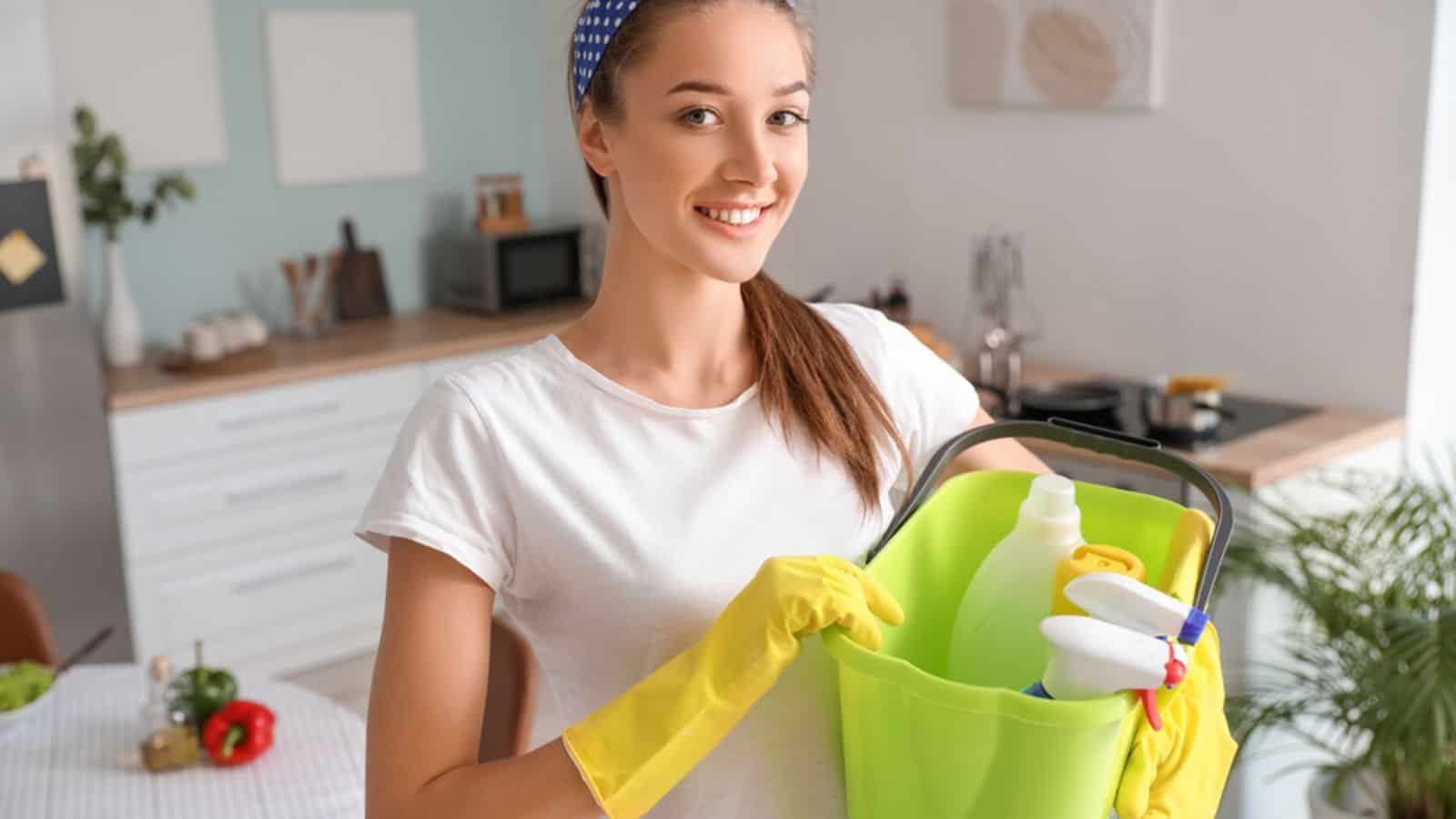
Don’t want to resort to all the toxic chemicals available in the market to clean your house? Here are some traditional cleaning hacks that actually works. Many of these cleaning hacks have been passed down from generation to generation, and utilize simple household items to use for day-to-day cleaning and maintenance. These tried-and-true methods not only work wonders but also favor a more natural and eco-friendly approach to keeping our homes spotless.
Clean Your House Like Grandma: 16 Old-School Cleaning Tricks That Actually Works
Busy Life? No Problem: 20 Spring Cleaning Tricks for Those Short In Time
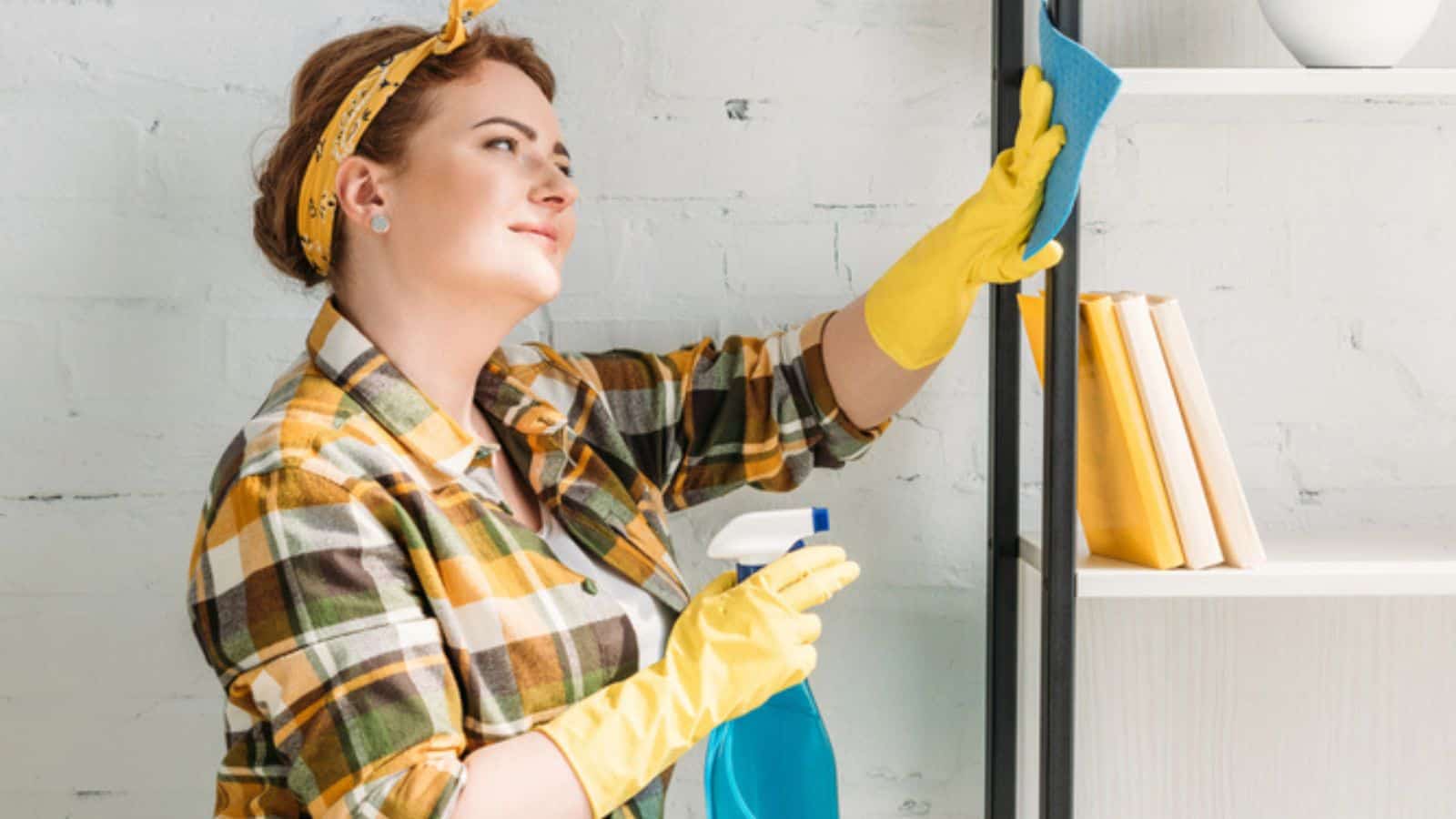
Spring cleaning is a time-honored tradition that provides a fresh start and a cleaner, more organized living space. However, for those with packed schedules, the thought of dedicating entire days to cleaning can be daunting. The key to effective spring cleaning is not necessarily spending more time, but rather making the most of the time you have. With a few strategic approaches and smart techniques, it’s possible to tackle spring cleaning in a way that fits into your busy life, without compromising on the thoroughness or quality of the clean.
Busy Life? No Problem: 20 Spring Cleaning Tricks for Those Short In Time

